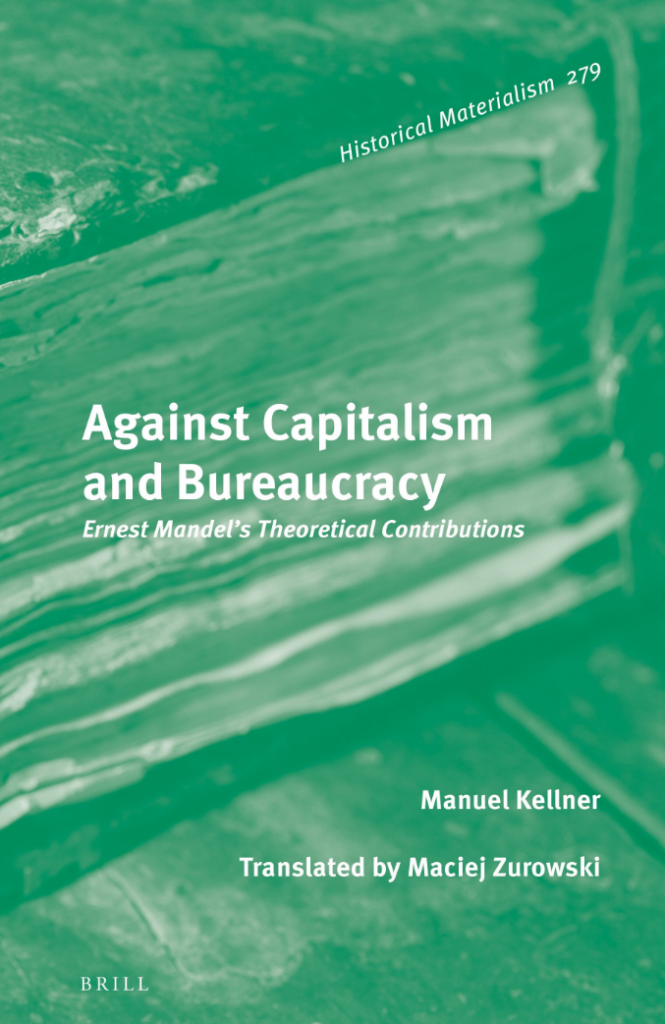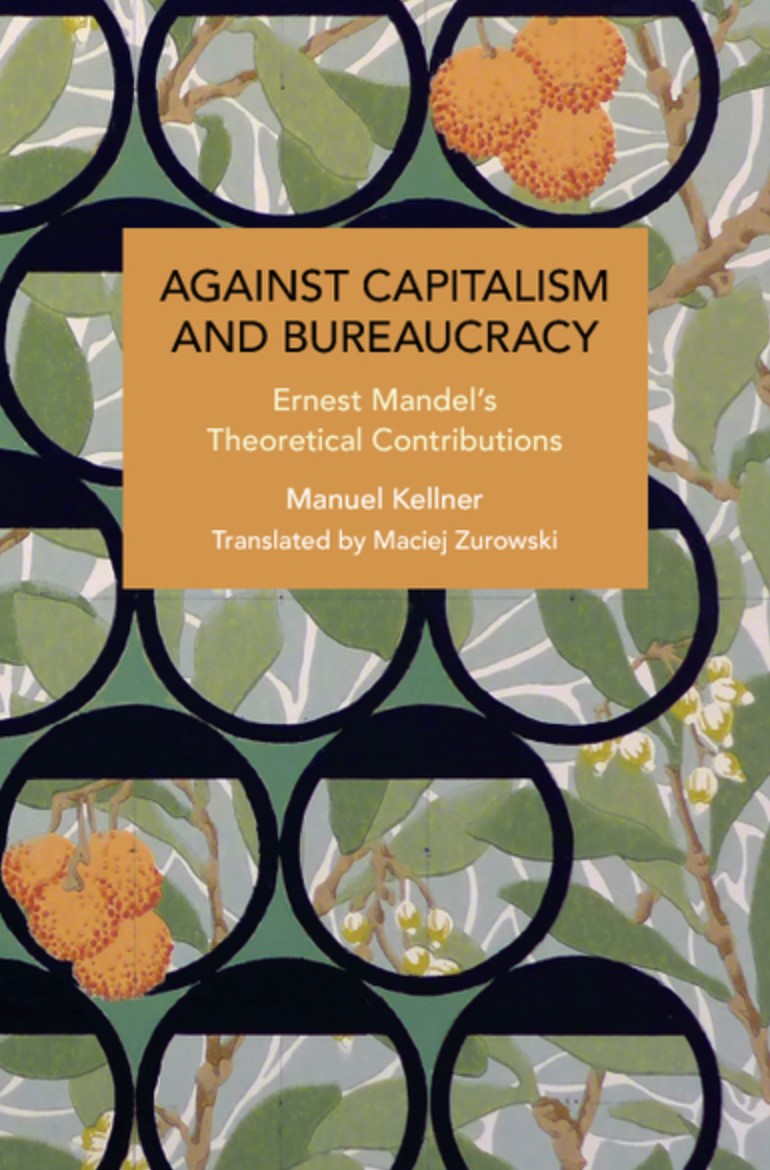Manuel Kellner
Biographical Note
Readership
This book should be interesting both for academic research and for left activists all over the world. Mandel‘s contributions are important for a balancesheet of the 20th century and for the actual discussion on socialist programmatics.
Table of Contents
Foreword
Introduction
1 Theory and Practice
1 Occupational Ban and Refusal of Entry 1972
2 Captured by the Nazis
3 Role Model Abraham Leon
4 Political Work in the Belgian Workers’ Movement
5 Role in the Fourth International and Contribution to Theory
2 Critique of Contemporary Capitalism
1 Mandel’s Historical-Genetic Critique of Capitalism
2 Mandel’s Contribution to Marxist Crisis Theory
3 Late Capitalism
4 Long Waves of Capitalist Development
5 Worldwide Inequality
3 Socialism: The Utopian Dimension in Mandel’s Work
1 The Free Association of Producers: A Stateless, Classless Society
2 Socialist Council Democracy and Transition to Socialism
3 The Material Prerequisites for Universal Emancipation
4 Critique of Bureaucracy
1 Mandel’s Explanation and Critique of Bureaucracy in the Workers’ Movement
2 Critique of Stalinism
3 Breaking up Stalinist Monolithism and the ‘Socialist Camp’
4 The Temptation of Substitutionism: The Roots of Surrogate Politics
5 Socialist Strategy
1 Prefigurative Forms of the New Society: Mass Strike and Self-Organisation from below
2 Strategy of Transitional Demands
3 The Dual Character of the Trade Unions
4 Class Consciousness and Building Revolutionary Parties
5 Critique of Reformism and United Front Policy
6 Permanent Revolution and the International Dimension of Socialist Strategy
6 Emancipation and Social Catastrophe
1 Mandel on Trotsky’s Theory of Fascism
2 Mandel and the Holocaust
7 Evaluation and Prospects
1 Openness and Coherence: A Field of Tension
2 The Revolutionary Potential of Western Europe
3 Reaction to Gorbachev
4 World Historical Rupture 1989–1991
5 Weaknesses of the Concept of ‘Bureaucratised Workers’ States’
6 Historical Determinism
7 Karl Marx’s ‘Categorical Imperative’
8 Aporias of Marginality: Mandel’s ‘Last Word’ on Sectarianism
9 The Self-Organisation of the Working Class
Eyewitness Testimony (Tape Recordings from the Author’s Own Archive)
Bibliography
Index


